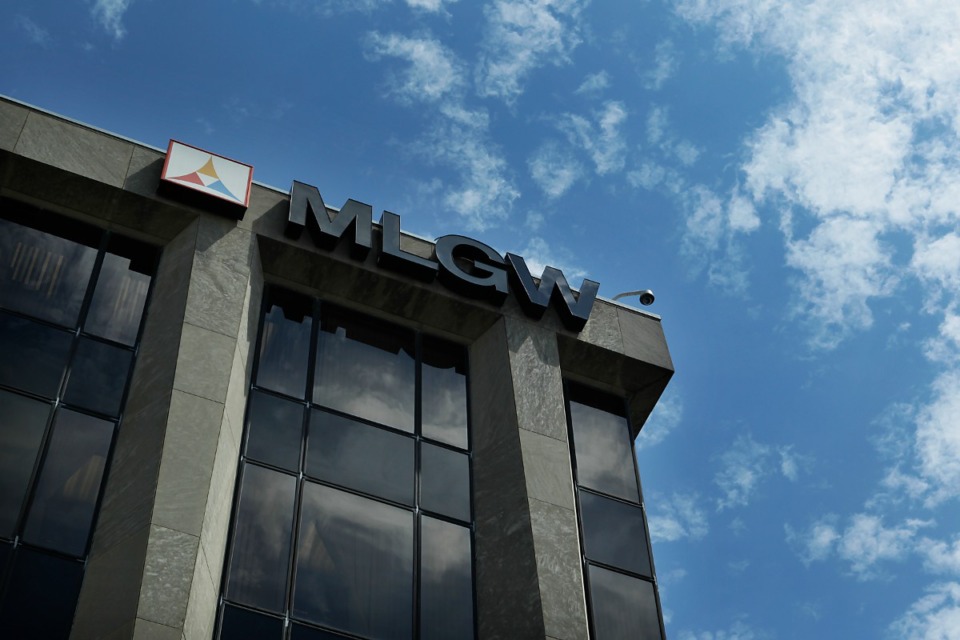Leaders at Memphis Light, Gas & Water made a pledge of transparency 15 years ago following a statewide corruption scandal.
The city-owned utility adopted an opens in a new windowethics policy requiring its board members, top executives and other key employees to file annual financial disclosure statements. The policy, still on the books, directs MLGW to “promptly and prominently’’ post those filings on the Internet to help the public identify sources of income that may pose a conflict of interest.
Yet, an inquiry by the Institute for Public Service Reporting found citizens would be hard-pressed to locate those promised personal disclosures because MLGW hasn’t posted any on the Internet for years — and evidently never did.
“The financial disclosure forms are available for inspection based on a public records request,’’ MLGW said in a written statement released through spokeswoman Angelika Woods. “They are not currently available on the internet as that requirement in the Policy related to the joint City or County Board that was never formed.’’
What Woods is referring to is a provision in MLGW’s ethics policy that specifically directs financial disclosures to be posted on the website of “the joint Memphis-Shelby County Board of Ethics.’’
It’s a board that doesn’t exist.
Officials briefly contemplated creating such an agency in 2007 with jurisdiction over city and county government, but never did.
So, while financial disclosures filed by members of the Memphis City Council, Shelby County Commission and other local government boards across the state have been routinely opens in a new windowposted on the web for years along with those of other local elected officials, MLGW hasn’t followed the practice.
The name of the nonexistent joint ethics board remains in MLGW’s ethics policy; the utility never pivoted to find another website to post disclosures.
“It’s interesting that no one has ever picked that up,’’ said former County Commissioner Mike Ritz, who had proposed creating the joint ethics board back in 2007.
The Institute obtained recent financial disclosure forms of MLGW’s five board members under the Tennessee Public Records Act and placed them on the web opens in a new windowhere.
MLGW adopted its ethics policy in June 2007 after the Tennessee Waltz, an FBI public corruption sting that yielded convictions against 12 elected officials and lobbyists across the state.
The scandal stirred the Tennessee General Assembly to pass the opens in a new windowComprehensive Governmental Ethics Reform Act of 2006, requiring each municipality to adopt an ethics policy. In response, the Memphis City Council adopted such a policy on June 5, 2007, that applied to its elected officials and employees as well the city’s boards, commissions and authorities.
Though MLGW was established by the city’s charter and MLGW board members are appointed by the mayor and confirmed by City Council, the city doesn’t apply its ethics policy to the utility, officials said.
Two weeks after City Council acted in 2007, the MLGW board passed its own ethics policy.

It required each board member, the CEO, members of MLGW’s executive staff, all vice presidents and other key employees to “submit a financial disclosure statement on or before Feb. 15 of each year to the Chief Ethics Officer’’— language that remains in the policy along with a requirement that the ethics officer “promptly and prominently place all such financial disclosure statements’’ on the website of the nonexistent joint Board of Ethics “for public access”.
Even then, plans for a joint board had been abandoned, records and interviews suggest. City Council’s ethics ordinance created a separate opens in a new windowCity of Memphis Board of Ethics. County officials would create the opens in a new windowShelby County Ethics Commission.
The General Assembly’s ethics reform act didn’t require utility boards to create ethics policies.
So why did MLGW add the burden of requiring annual disclosures from board members and key employees?
“I don’t recall the discussion that took place (but) it certainly was the right thing to do,’’ said Jerry Collins, who served as MLGW’s CEO from 2007 until 2018.
MLGW indicated in its statement that board minutes and records provide no additional insight into why MLGW adopted an ethics policy separate from city’s. The utility said it is searching for meeting audio recordings that might shed more light.
This story first appeared at dailymemphian.com under an exclusive use agreement with The Institute for Public Service Reporting Memphis



